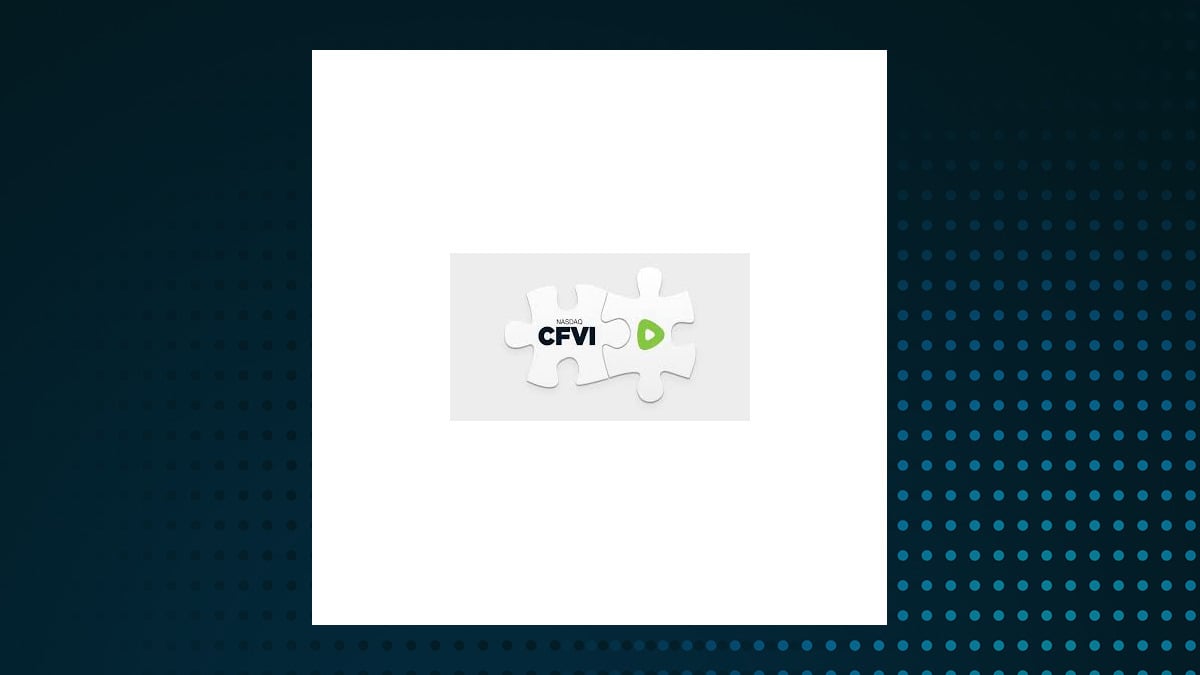
With the Sensex trading at lifetime highs and amid frenzy in many smallcap stocks, financial planners believe investors eyeing equity should put incremental money into large-cap funds . They feel there is a margin of safety in such schemes, as these invest at least 80% of their portfolio in the top 100 companies by market capitalisation . Valuations are still reasonable.
WHAT IS A LARGE-CAP MUTUAL FUND SCHEME? A large-cap scheme is one which needs to invest at least 80% of its portfolio in large-cap companies, with the flexibility to invest the balance 20% in other companies as per the discretion of the fund manager. According to regulatory guidelines, a large-cap company is a listed company which is ranked from 1st to 100th on the Indian stock exchanges in terms of market capitalisation. Best MF to invest Looking for the best mutual funds to invest? Here are our recommendations.

View Details » HOW MUCH DO LARGE-CAP FUNDS MANAGE? As of August 2024, there are 32 large-cap schemes with 14.6 million folios managing assets worth ₹3.59 lakh crore.
This is the third largest category in the equity mutual fund category. WHY DO LARGE-CAP FUNDS SCORE? Artificial Intelligence(AI) Java Programming with ChatGPT: Learn using Generative AI By - Metla Sudha Sekhar, Developer and Lead Instructor View Program Artificial Intelligence(AI) Basics of Generative AI : Unveiling Tomorrow's Innovations By - Metla Sudha Sekhar, Developer and Lead Instructor View Program Artificial Intelligence(AI) Generative AI for Dynamic Java Web Applications with ChatGPT By - Metla Sudha Sekhar, Developer and Lead Instructor View Program Artificial Intelligence(AI) Mastering C++ Fundamentals with Generative AI: A Hands-On By - Metla Sudha Sekhar, Developer and Lead Instructor View Program Artificial Intelligence(AI) Master in Python Language Quickly Using the ChatGPT Open AI By - Metla Sudha Sekhar, Developer and Lead Instructor View Program Office Productivity Zero to Hero in Microsoft Excel: Complete Excel guide 2024 By - Metla Sudha Sekhar, Developer and Lead Instructor View Program Astrology Vastu Shastra Course By - Sachenkumar Rai, Vastu Shashtri View Program Data Science SQL for Data Science along with Data Analytics and Data Visualization By - Metla Sudha Sekhar, Developer and Lead Instructor View Program Web Development A Comprehensive ASP.NET Core MVC 6 Project Guide for 2024 By - Metla Sudha Sekhar, Developer and Lead Instructor View Program Office Productivity Mastering Microsoft Office: Word, Excel, PowerPoint, and 365 By - Metla Sudha Sekhar, Developer and Lead Instructor View Program Marketing Digital marketing - Wordpress Website Development By - Shraddha Somani, Digital Marketing Trainer, Consultant, Strategiest and Subject Matter expert View Program Web Development Mastering Full Stack Development: From Frontend to Backend Excellence By - Metla Sudha Sekhar, Developer and Lead Instructor View Program Finance Financial Literacy i.
e Lets Crack the Billionaire Code By - CA Rahul Gupta, CA with 10+ years of domain experience, trainer View Program Leadership Business Storytelling Masterclass By - Ameen Haque, Founder of Storywallahs View Program Marketing Future of Marketing & Branding Masterclass By - Dr. David Aaker, Professor at Haas School of Business View Program HR Human Potential and the Future of Employment By - Lynda Gratton, Co-chair of the World Economic Forum Council on Work, Wages and Job Creation, Professor of Management Practice View Program Strategy ESG and Business Sustainability Strategy By - Vipul Arora, Partner, ESG & Climate Solutions at Sattva Consulting Author I Speaker I Thought Leader View Program Finance Financial Reporting and Analytics By - Dr. C.
P. Gupta, Professor: Department of Finance and Business Economics, University of Delhi View Program Office Productivity Advanced Excel Course - Financial Calculations & Excel Made Easy By - Anirudh Saraf, Founder- Saraf A & Associates, Chartered Accountant View Program Marketing Performance Marketing for eCommerce Brands By - Zafer Mukeri, Founder- Inara Marketers View Program Finance A2Z Of Finance: Finance Beginner Course By - elearnmarkets, Financial Education by StockEdge View Program Finance A2Z Of Money By - elearnmarkets, Financial Education by StockEdge View Program Large companies have strong promoters, experienced management personnel and have been in the business for a longer time. They are tracked by both Indian institutional as well as foreign investors and hence there is higher transparency.
Reports on the performance and outlook of these companies are available in the public domain. These companies can attract the best banks and personnel; they have relevant skills and bandwidth to deal with tough economic environments and scenarios in a far better way than smaller companies. Large companies get access to funding much more easily than smaller counterparts by virtue of their size.
They are able to attract top industry talent. From a stock market perspective, such companies are more stable and there is visibility of earnings and longevity of such companies. WHO SHOULD BUY A LARGE-CAP FUND? Large-cap funds work well for investors who are looking for steady returns with relatively lower risk, with a timeframe of 5 years and above.
Typically, a large-cap fund should be a part of an investor’s core portfolio which should be 75% with the satellite portion of 25% going to thematic or mid/smallcap funds. Financial planners believe firsttime investors, who are new to the nuances of the market and can’t tolerate volatility, should begin their journey with large-cap funds only and later move to other categories of funds..














